Why is vegetarian food more expensive than meat
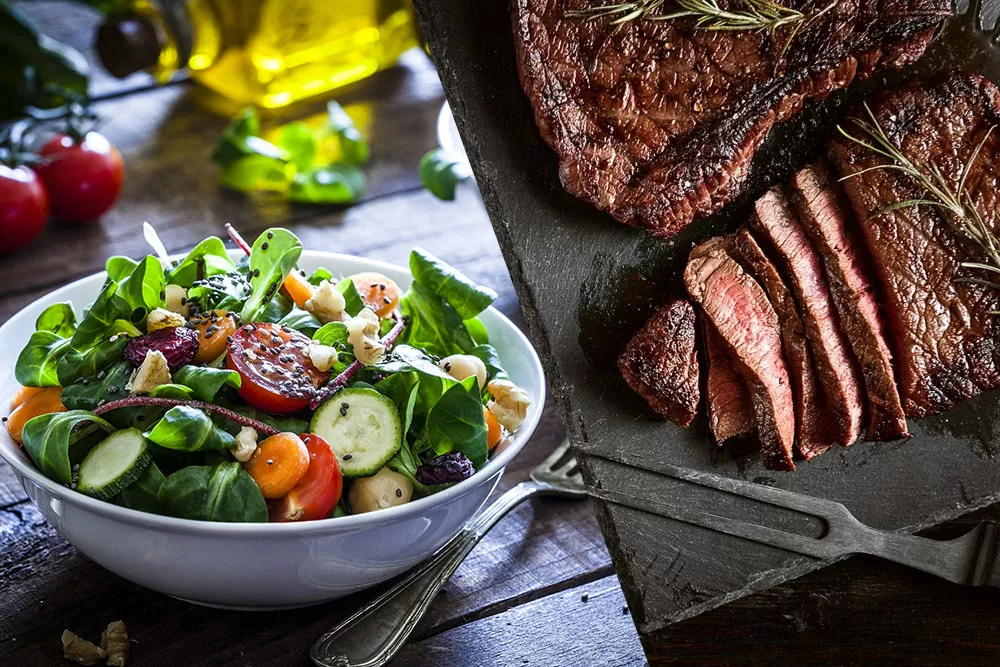
When Did Veganism Become So Popular
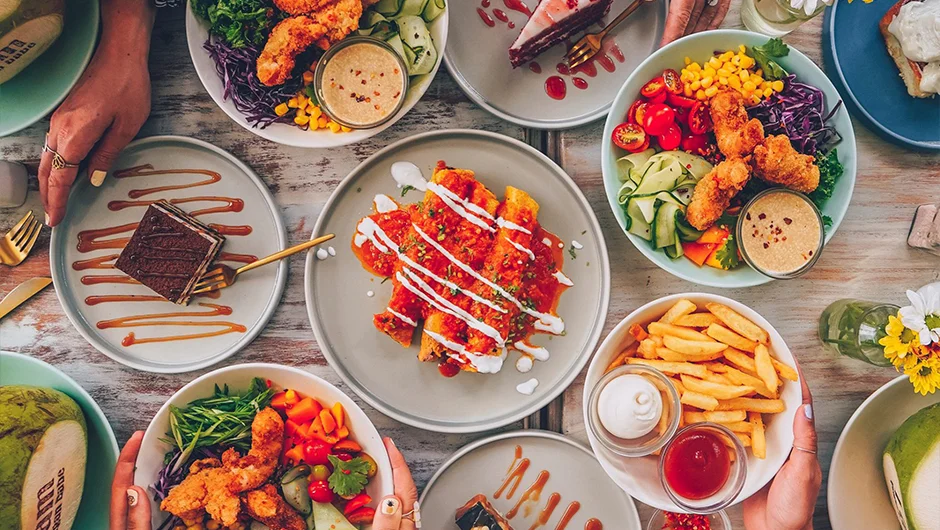
Which countries currently have the most vegetarians?
My Favorite Mutabal Eggplant Arabic Appetizer Vegan Recipe
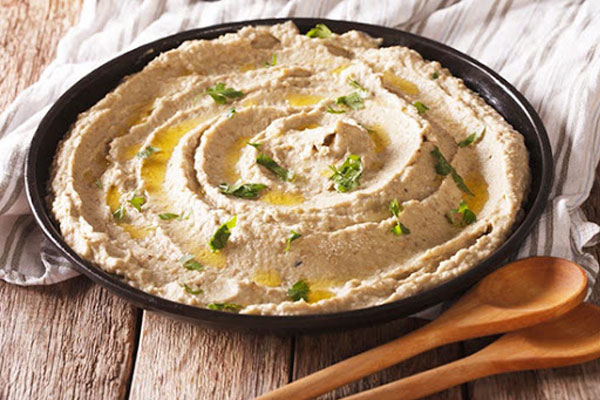
Raw Vegan Benefits
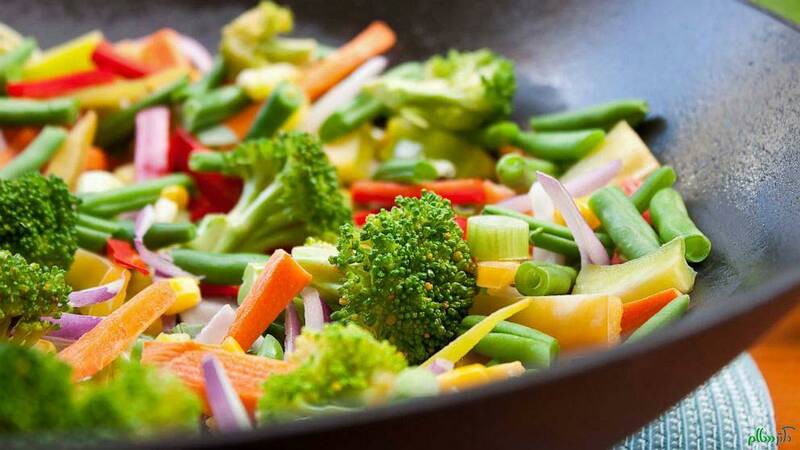
Is Raw Vegan Healthy
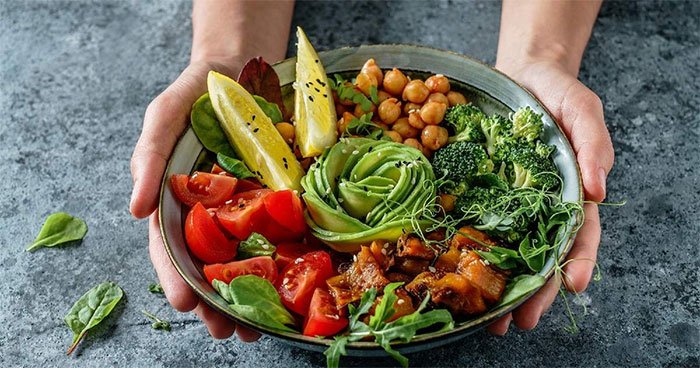
Today, people are very accepting of vegetarianism or veganism. Some people also create a new diet or lifestyle by using vegetarianism.
What is a vegan diet?
Today, vegan diets are extremely popular among people. On a vegan diet, you enjoy plant-based foods but do not consume meat, seafood, or animal by-products.
Many people use the vegan diet to improve their health and gain or lose weight. Have you ever tried a vegan diet?
Do you think it is easy to use a vegan diet? Certainly not!
Before you commit to a vegan lifestyle, do your research and learn more about the pros and cons of this diet.
Check out a typical day's worth of meals and find out what science-based evidence-based vegan diets have for your health and how they can help you.
Then, if you decide that this program is right for you, get started with some tips and make this diet easier for yourself.
Typically, a vegan diet is one that includes fruits, vegetables, grains, seeds, oils, nuts, and legumes.
When you go vegan, avoid meat, dairy, fish, shellfish, eggs, poultry, or any food containing these ingredients (including certain protein powders, fish oil supplements, gelatin, lard, or margarine made with whey. ) do not eat
Some vegetarians also avoid bee products such as honey.
History of the vegan diet
Vegetarian diets date back to ancient times. According to some sources, Pythagoras, the Greek philosopher and mathematician, founded the first vegetarian society, promoting non-violence among all species.
He used to avoid eating meat for health reasons. Ancient Buddhists and Hindus also ate vegetables.
Until the middle of the 20th century, a diet that did not include meat was called the Pythagorean diet.
In recent years, the popularity of vegan diets has increased. In fact, some sources report a 600 percent increase in the number of people introducing themselves as vegan between 2014 and 2017.
The availability of vegan foods in grocery stores, vegan menu options in restaurants, and media headlines promoting the health benefits of vegan diets have contributed to this trend.
Types of vegan diets
There are different types of vegetarian diets. For example, some vegetarians eat only dairy-free and meat-free foods, while others eat only meat-free foods.
A complete vegan does not eat any processed food, even if it is produced without meat, dairy or fish. Raw food vegans, low-fat vegans, and what some media refer to as "junk food vegans" or "lazy vegans" who rely on processed meat and cheese alternatives and They use it, they also exist.
Why do we become vegetarians?
People choose to go vegan for a variety of reasons, mostly dietary reasons. A study found that the most popular reason for choosing a vegan diet is to support the humane treatment of animals.
These vegetarians may also avoid clothing or other products made from animals, poultry, fish or bees.
A study published in the journal Appetite found that people who chose a vegan diet for ethical reasons were more likely to continue and stick to the diet than those who followed the program for other reasons.
People may also choose a vegan lifestyle because they feel it is better for the environment.
Several research studies have shown that a vegan diet is better for the planet than other diets, including the popular Mediterranean diet. But a large number of people choose a vegan lifestyle for health reasons.
There is compelling evidence that a plant-based diet is better for weight maintenance, improved heart health and longevity.
What is a vegan diet like?
A vegan diet does not include all animal products. On this diet, you avoid not only any food that comes directly from an animal source (such as beef, chicken, turkey, pork, or lamb), but also any food that contains animal by-products. you refuse
For example, someone on a vegan diet will not eat vegetable soup flavored with animal bones and may avoid vegetable soup. Vegetarians also avoid shellfish, seafood, and any food that contains fish-based ingredients.
For example, some foods and supplements containing omega-3 fatty acids, if the source is fish oil, are not compatible with their diet.
Not only are dairy and eggs not consumed in a vegan diet, but many foods that contain dairy and eggs are also not consumed.
This may include bread and other baked goods, chocolate, and many protein powders.
Finally, foods such as candy, certain brands of beer and wine, veggie burgers, and even some red foods cannot be eaten on a vegan diet because they contain honey, gelatin, or other animal ingredients.
So what can you eat on a vegan diet? If you choose this eating style, you will enjoy vegetables, fruits, grains, legumes, soy-based products (such as tofu), vegetable oils, nuts, and seeds.